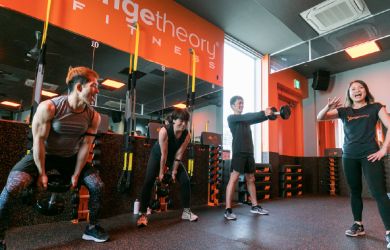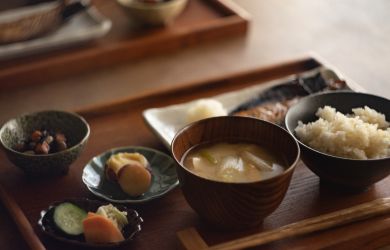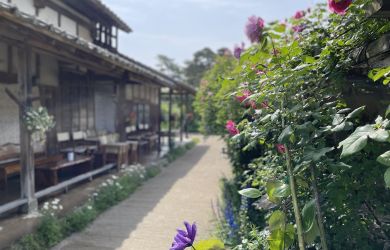
November 11, 2010
Association of Relief Volunteers
Touching the lives of India’s untouchables
By Metropolis
Originally published on metropolis.co.jp on November 2010

Photo by Diane Poon
It’s been 60 years since India’s caste system was officially abolished, but the old prejudices live on, particularly in rural areas. Dalits, as the “untouchable” castes have come to be known, continue to suffer discrimination, abuse and crushing poverty. What’s more, there is widespread ignorance about the official measures that have been put in place to protect them.
“Many people don’t know about government food schemes or the National Rural Employment Guarantee Act, which promises at least 100 days of work a year for every citizen living below the poverty line,” says T. Ravi Kumar, founder of the Association of Relief Volunteers. “Our main job is to educate Dalit communities about these existing rights.”
The ARV works with impoverished Dalits in the province of Andhra Pradesh, on India’s southeast coast. Their mission is twofold: to provide people with the means to sustain their livelihoods, and then to educate them so they can make a better future for themselves and their families.
“ARV recognizes that survival needs must come first before empowering communities to seek out greater civil liberties,” explains Kumar, who is a Dalit himself. “These communities suffer from a lack of adequate food, safe drinking water, medical care and basic, sturdy housing.”
The ARV organizes and funds a variety of schemes, including a nutrition program that provides one egg and a cup of milk daily to each child in several villages, and a safe drinking water initiative that transports villagers to cleaner water sources. Working in cooperation with the Indian government and an American NGO called Longitude, the group has also helped build homes for almost 200 families. Teams of 20-25 volunteers are brought to a village to work alongside the Dalits in constructing homes, as well as assisting in educating the children and promoting health and hygiene.
“More than technical skills, funds and manpower, the work of the volunteers stirs unconsciously in the minds of the children,” says Kumar. “People in their own country refuse to touch them or speak with them, but the volunteers are constantly playing with them and holding them, simply because they are children. These children will grow up with so much more confidence than their parents and grandparents, and will hopefully fight harder for equality for their children and future generations.”
Since its inception in 2004, the program has been particularly popular with expat English teachers living in Japan—so much so that it’s now scheduled around the school holidays here.
Repeat volunteer Jonathan Slakey, an American who came to rural Kyushu through the JET program, says he “felt a responsibility” to continue after his first trip. “The knowledge that people were living in such a state—once you have seen that, you cannot possibly turn your back to it.”
Kumar feels the same duty, and is determined not to rest until his dream is achieved. “I want my people to have the opportunity to live with dignity and be able to enjoy all the privileges entitled to them by their country,” he says. And who can argue with that?
To find out more about ARV, see http://arv.org.in. For more about Longitude, see http://golongitude.org







